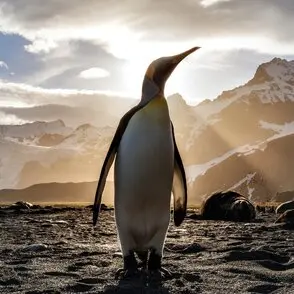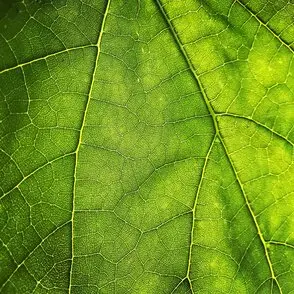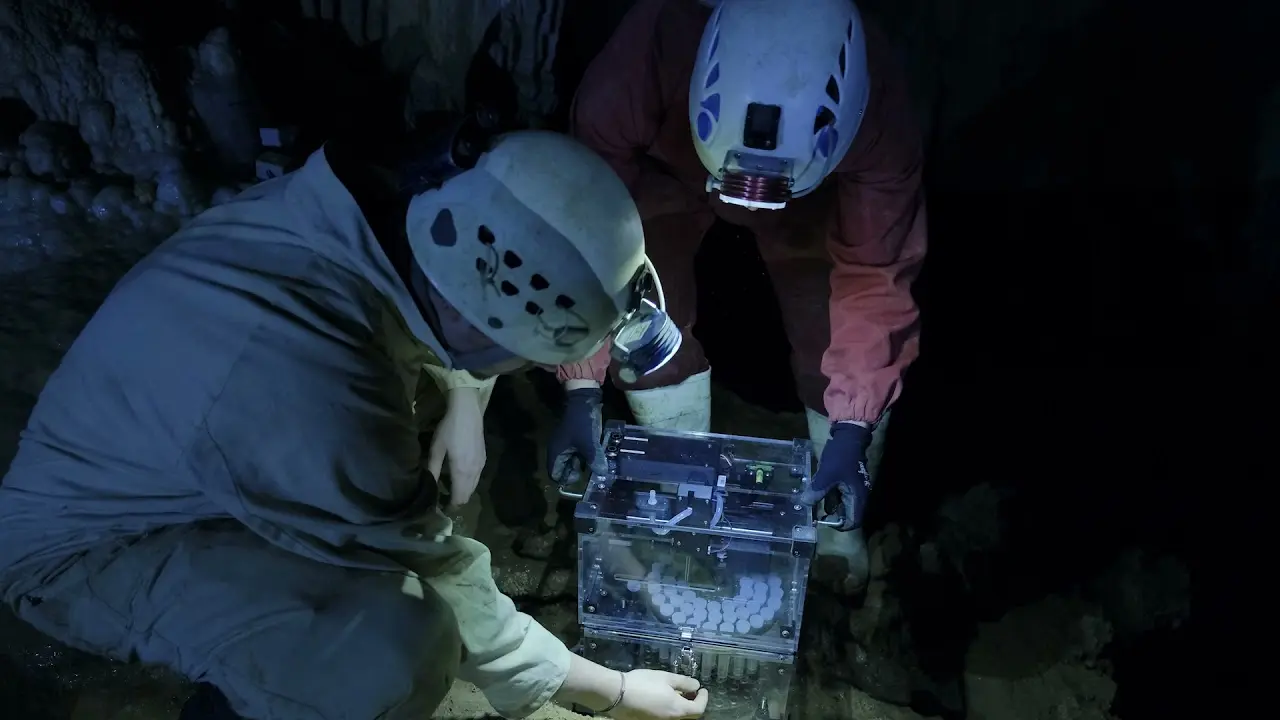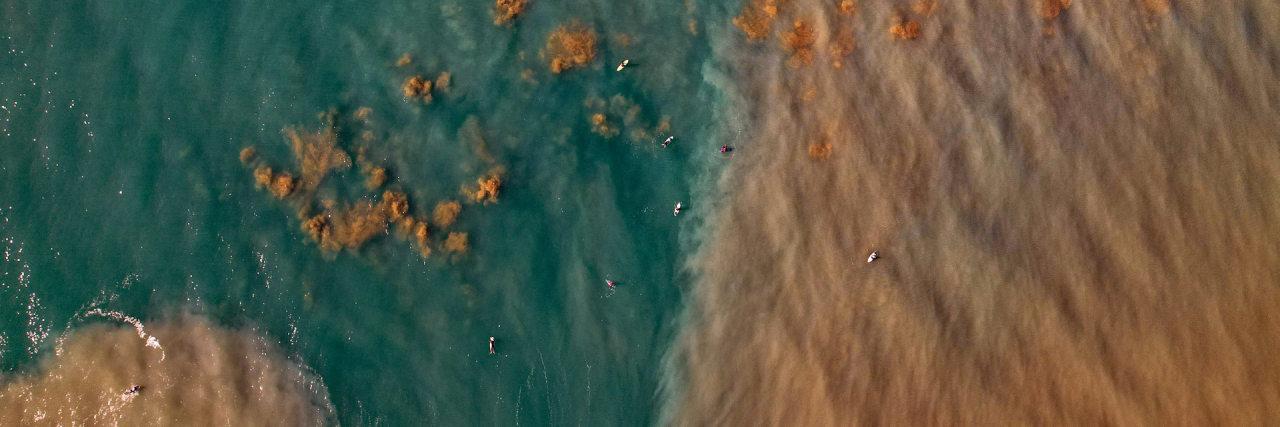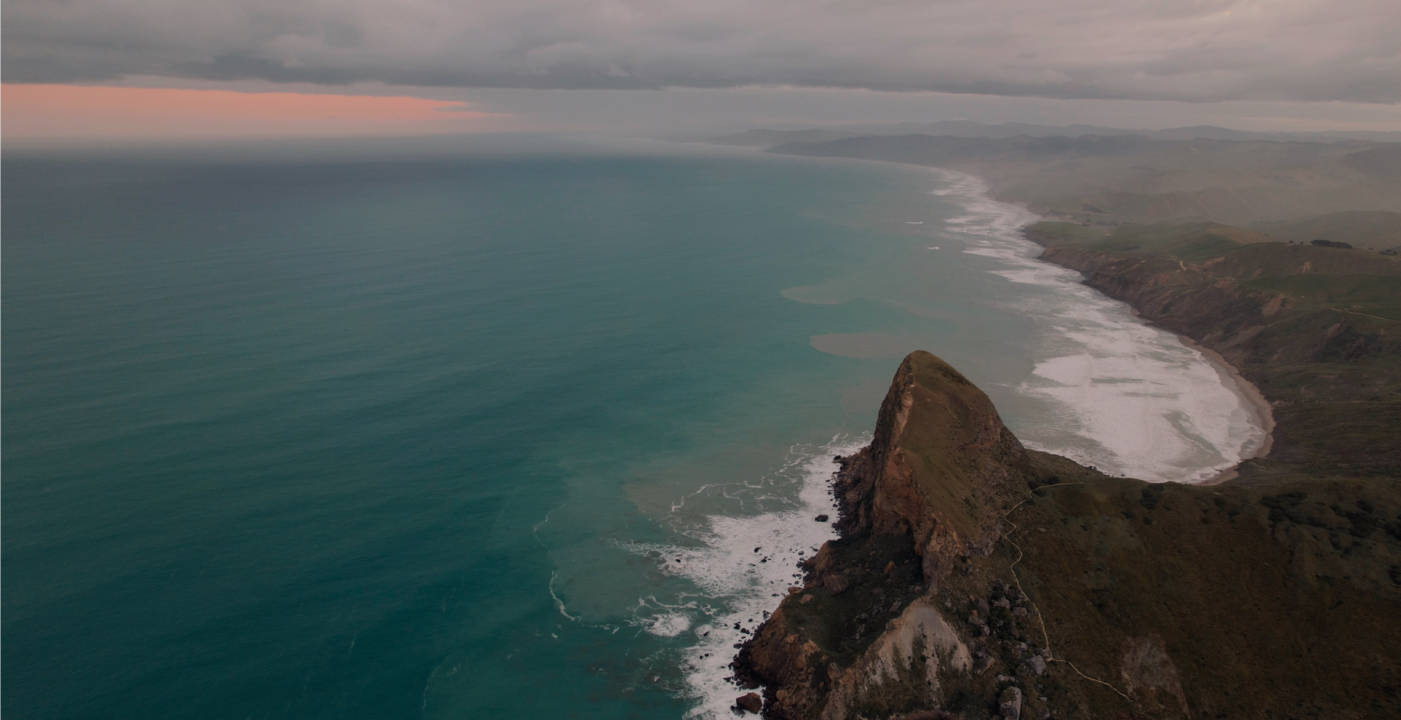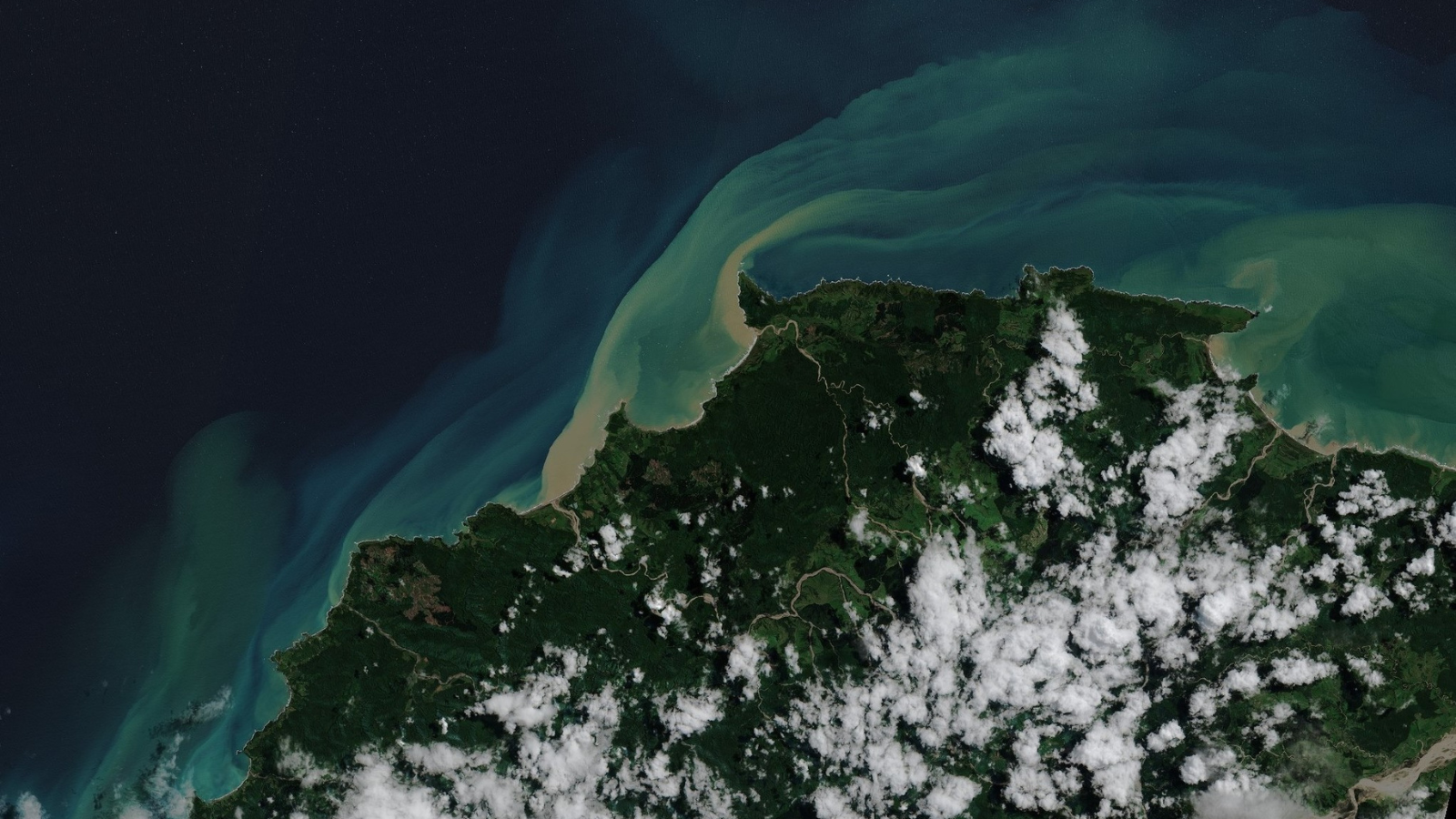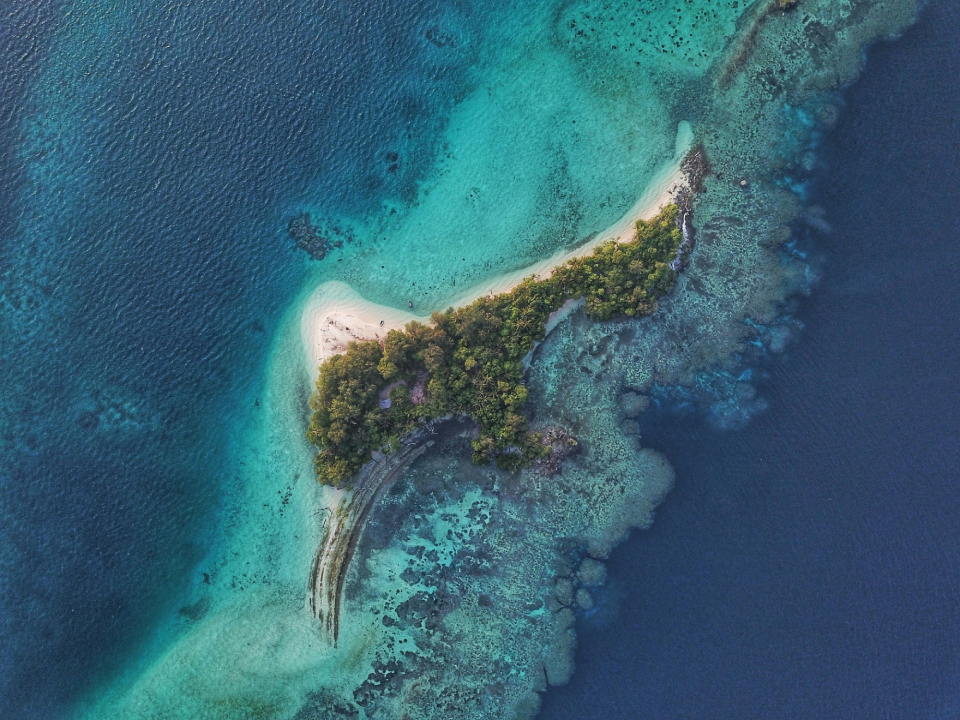Shortly after Cyclone Gabrielle devastated the East Coast region of the North Island of New Zealand in 2023, the Manatū Hauora/Ministry of Health commissioned a group of researchers including the University of Waikato's Holly Thorpe to investigate the impacts of adverse weather events on health systems and community health and wellbeing.
The community research teams interviewed 143 residents in the two affected regions. They included first responders, heath workers, council staff and members of the public.
A report published by the Ministry of Health in 2024 contained five key recommendations made by the group to help plans for future events.

